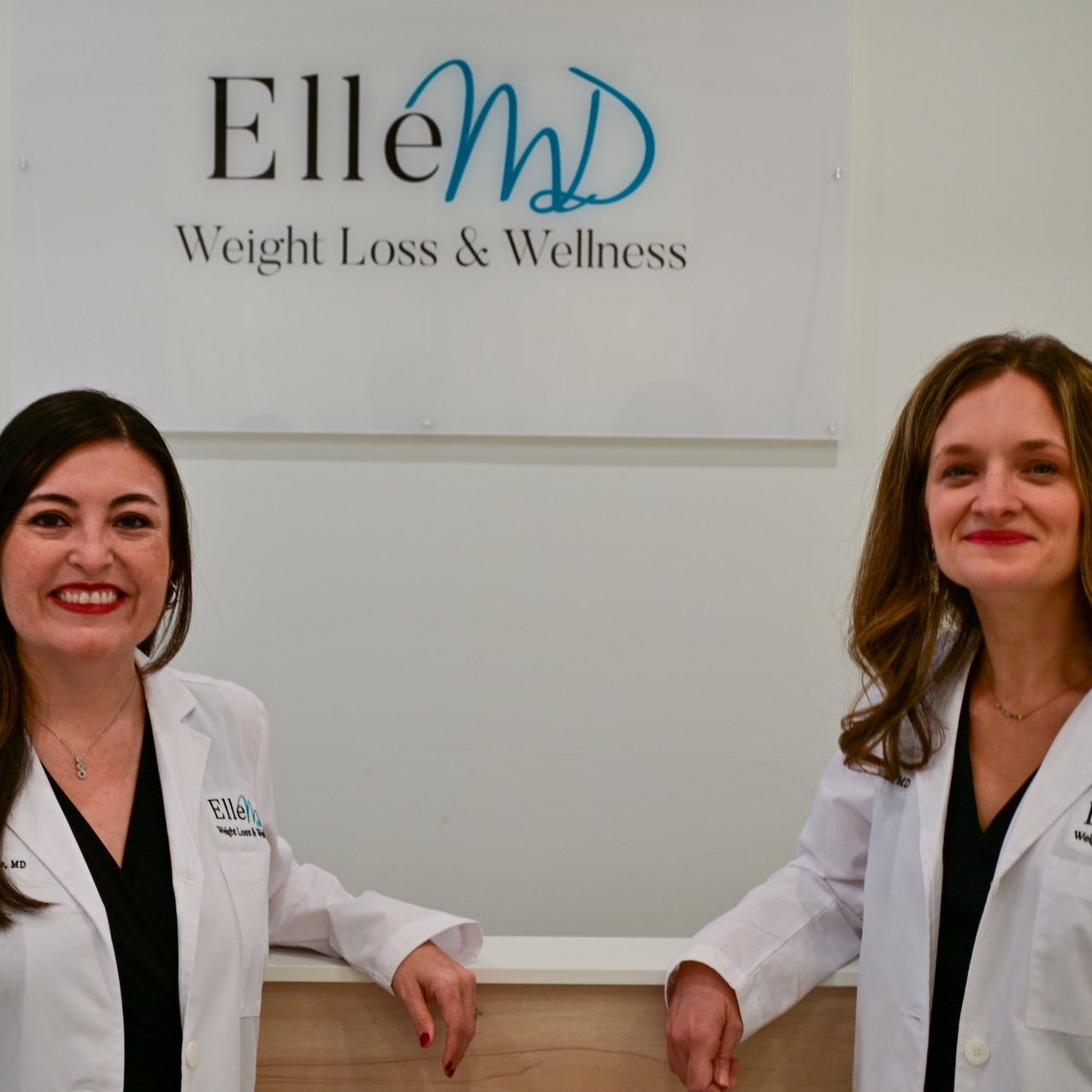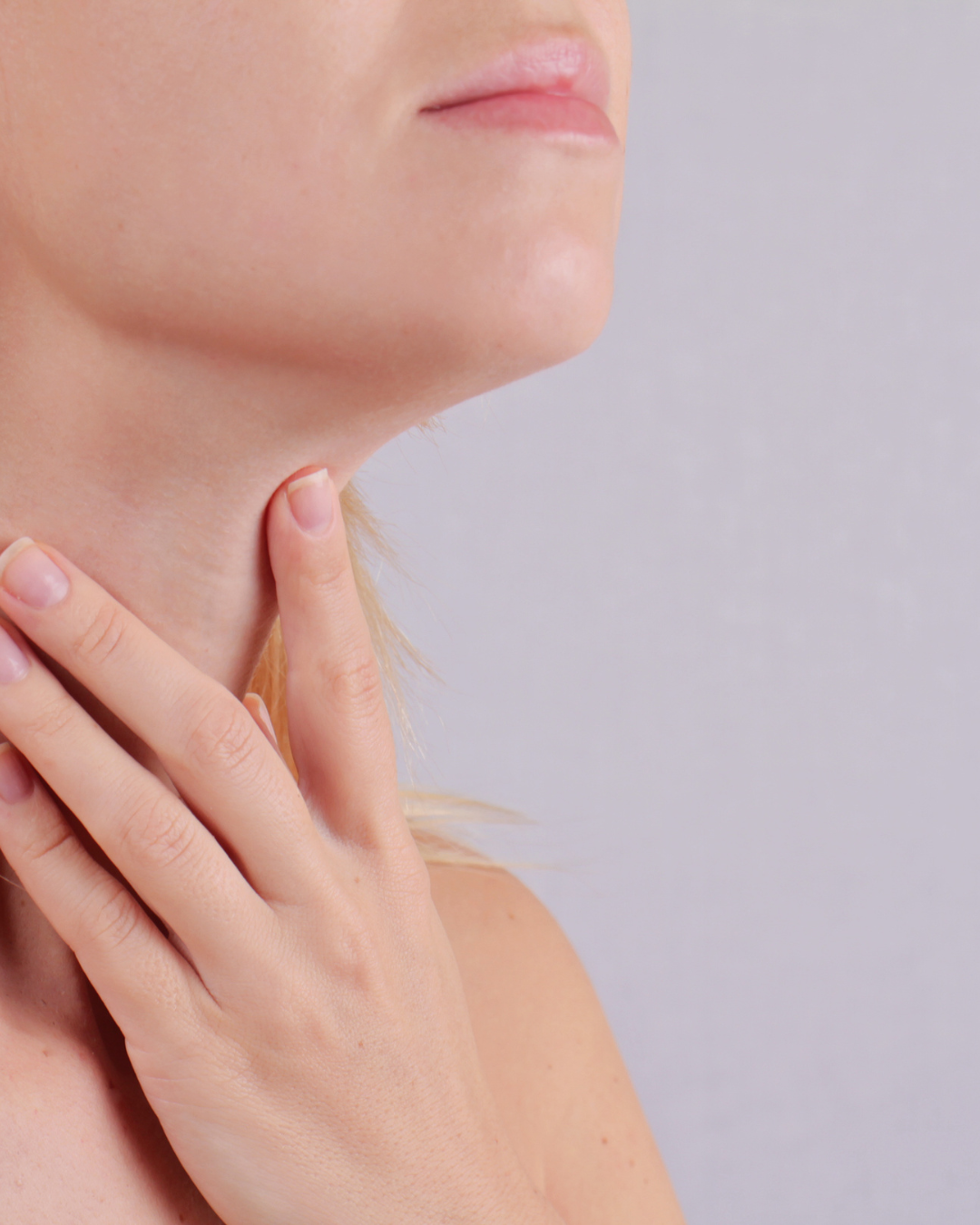Is the Age of Menopause Hereditary? Understanding the Genetic and Environmental Factors
Have you been wondering if the age of menopause is hereditary? Let’s get to the bottom of menopause and how it works.

Menopause is a significant milestone in a woman’s life, marking the end of her reproductive years. While it is a natural biological process, the age at which menopause occurs can vary widely among women.
A common question many women have is whether the age of menopause is hereditary. At Elle MD, we focus on understanding the various factors that influence menopause, including genetic, lifestyle, and environmental influences. Let’s explore the hereditary aspects of menopause age and how lifestyle choices can impact this natural transition.
Understanding Menopause
Menopause is defined as the point in a woman’s life when she has not had a menstrual period for 12 consecutive months. It signifies the end of ovarian function and the cessation of hormone production, particularly estrogen and progesterone. Most women experience menopause between the ages of 45 and 55, with the average age being around 51.
Key Stages of Menopause
1. Perimenopause
This transitional phase can begin several years before menopause. During perimenopause, women may experience irregular menstrual cycles and symptoms such as hot flashes, night sweats, and mood swings.
2. Menopause
This is the stage when menstruation stops completely. It is diagnosed after a woman has gone 12 months without a menstrual period.
3. Postmenopause
The years following menopause are termed postmenopause. Many symptoms of menopause may subside, but the risk for certain health conditions, such as osteoporosis and heart disease, may increase due to the lower hormone levels.
Is the Age of Menopause Hereditary?
Research suggests that genetics can play a significant role in determining the age at which a woman experiences menopause. Studies have shown that if a woman’s mother experienced early menopause, she is more likely to experience early menopause as well. Similarly, late menopause in a mother may indicate a later onset for her daughter. So yes, menopause age can be hereditary.
Genetic Factors Influencing Menopause
1. Family History
The age at which a woman’s mother or sister enters menopause can provide clues about her own menopausal timeline. Studies indicate a strong correlation between the hereditary menopausal age of mothers and their daughters.
2. Genetic Markers
Research has identified specific genetic markers that may influence the timing of menopause. For instance, variations in certain genes associated with hormone regulation and ovarian function can impact when menopause occurs.
3. Ethnicity and Genetics
Genetic factors related to ethnicity can also affect the hereditary age of menopause. Studies have shown that certain ethnic groups tend to experience menopause earlier or later than others, suggesting a genetic component linked to ancestry.
Lifestyle and Environmental Factors
While genetics play a crucial role, lifestyle and environmental factors can also significantly influence the age of menopause, hereditary or not. In some cases, these factors can overshadow genetic predispositions, leading to variations in menopausal timing.
1. Smoking
Smoking is one of the most well-documented factors that can lead to earlier menopause. Nicotine and other chemicals in cigarettes can affect estrogen production and hasten ovarian aging. Women who smoke may experience menopause one to two years earlier than non-smokers.
2. Body Weight and Nutrition
Body weight and nutrition play important roles in determining the age of menopause. Women with lower body mass indexes (BMIs) tend to experience menopause earlier. Adequate nutrition and a healthy weight are essential for hormonal balance and may influence menopausal timing.
3. Physical Activity
Regular physical activity is beneficial for overall health and can influence hormonal balance. While moderate exercise promotes health, excessive physical activity, particularly when combined with low body weight, may lead to earlier menopause.
4. Reproductive and Gynecological Factors
Certain reproductive and gynecological factors can impact the timing of menopause:
Pregnancy and Childbirth: Women who have never been pregnant may experience menopause slightly earlier.- Contraceptive Use: Long-term use of hormonal contraceptives can affect menstrual cycles and may influence the timing of menopause, though the exact impact is still being studied.
5. Environmental Toxins
Exposure to environmental toxins, such as pesticides and endocrine-disrupting chemicals, can affect hormonal health and potentially lead to earlier menopause. Reducing exposure to such toxins may help support hormonal balance.
6. Chronic Stress
Chronic stress can have a significant impact on hormonal health and may contribute to earlier menopause. Stress affects the hypothalamic-pituitary-adrenal (HPA) axis, which plays a role in regulating hormones. Managing stress through relaxation techniques, mindfulness, and lifestyle changes can support hormonal health.
Functional Medicine Approach at Elle MD
At Elle MD, we take a holistic and personalized approach to menopause. Understanding the interplay between genetic, lifestyle, and environmental factors allows us to provide individualized care and support for women transitioning through menopause.
Personalized Assessments
We conduct thorough assessments to understand each woman’s unique health profile, considering genetic factors, lifestyle habits, and environmental exposures. This comprehensive evaluation helps us develop personalized strategies for managing menopause.
Lifestyle and Nutritional Support
We emphasize the importance of a balanced diet, regular physical activity, and stress management in supporting hormonal health. Our team provides guidance on nutrition, exercise, and mindfulness practices tailored to each woman’s needs.
Holistic Interventions
Our functional medicine approach incorporates holistic interventions to support overall well-being during menopause. We explore options such as herbal remedies, supplements, and hormone therapy when appropriate, to alleviate menopausal symptoms and promote optimal health.
All-Around Care for All Women
The age of menopause is hereditary to an extent, but the fact of the matter is that menopause is highly complicated and unique to every woman. While genetics play a significant role in determining the age of menopause, lifestyle and environmental factors can also have a profound impact.
That’s why you deserve to work with someone who prioritizes your unique health situation.
At Elle MD, we are committed to providing personalized care and support to help women navigate menopause with confidence and ease.
Both of our doctors are especially passionate about taking care of women in a health climate that does this poorly.
If you have questions about the hereditary age of menopause or need guidance on managing menopausal symptoms, we invite you to
schedule a consultation with our team. Together, we can explore strategies to support your health and well-being during this important stage of life.
*AI Disclosure:
This content may contain sections generated with AI with the purpose of providing you with condensed helpful and relevant content, however all personal opinions are 100% human made as well as the blog post structure, outline and key takeaways.
* Affiliate Disclosure: Some of the links on www.elle-md.com may contain affiliate links meaning that we will get a commission for recommending products at no extra cost to you.
*Blog Disclaimer: Please note that reading our blog does not replace any health or medical advice consultation. Read our blog disclaimer here.

Meet the Drs.
Dr. Hendriks and Dr. Castillo MacKenzie are board-certified physicians, female, specialized, with over 10 years of experience.
Elle MD started after practicing in a traditional primary care setting together for over a decade. We grew frustrated with the current healthcare model, which places no emphasis on addressing the root cause of chronic disease. A lot of times, conventional care doesn’t even promote overall wellness!
We founded Elle MD in Royal Oak, MI, with a vision of providing this care in a compassionate and personalized way.
Download your free guide













